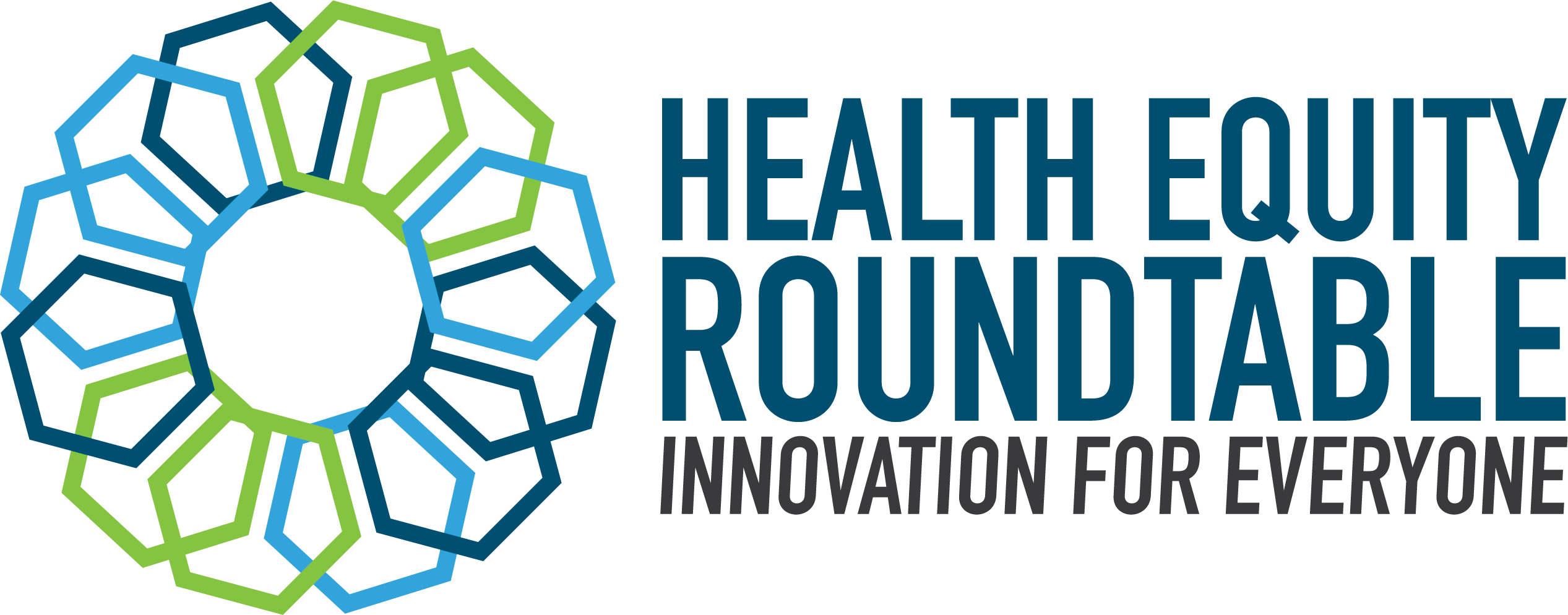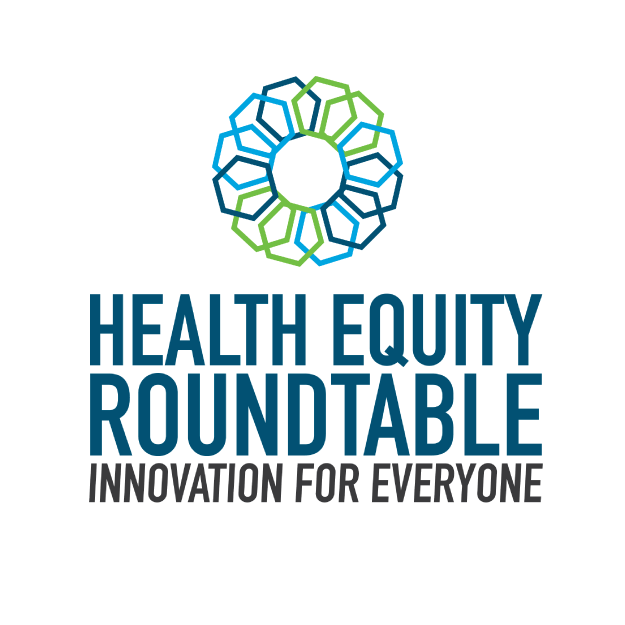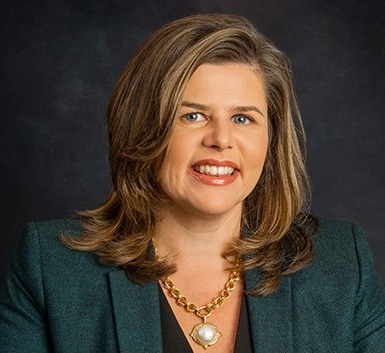
As part of PhRMA’s continuing work to address health inequalities, we are awarding $100,000 total in grants to fund four projects that will help improve health outcomes by addressing inequity in health care. Nearly 50 candidates nationwide submitted proposals for the PhRMA COVID-19 Collaborative Actions to Reach Equity (CAREs) grant program, announced in April as part of our observation of National Minority Health Month.
While PhRMA’s member companies are working tirelessly to find medicines and vaccines to combat COVID-19, we also recognize the need for evidence-based research and cross-sector partnership to tackle other key questions to address health inequity in communities of color that have been highlighted and exacerbated by the COVID-19 public health emergency. We are committed to working to fix the health care system so it works better for all Americans, and this is one piece in a series of solutions we’ve put forward to improve patient access and affordability.
The following projects will receive $25,000 each:
AltaMed Blood Pressure Program is a partnership with AltaMed Institute for Health Equity, American Heart Association and California State University to address underlying hypertension, a health disparity impacted by COVID-19, among minority populations in southeast Los Angeles. The partnership aims to facilitate at-home blood pressure monitoring; offer educational materials around hypertension risk factors, consequences and management; and provide support for medication adherence for hypertensive individuals who are at high risk of contracting and/or experiencing complications from COVID-19.
“At AltaMed Health Services Corporation, we have accelerated processes that allow us to ascend beyond traditional community health center services.” – Corina Martinez, Project lead of AltaMed Blood Pressure Program
National Spanish Language COVID-19 Prevention Messaging aims to address health information gaps in underlying health conditions and their impact on COVID-19 among Hispanic populations by providing essential up-to-date, first-hand COVID-19 information in Spanish. In partnership with Hispanic Communications Network, a communication campaign will activate radio, digital and social media to offer wide reaching communication to raise awareness of COVID-19 and the underlying risks to address unequal access to health information and disparities in Spanish-speaking communities.
“Despite Hispanics being the largest minority group in the United States, lack of access to health care and information remain salient issues that further reinforce a vicious cycle that hinders progress in the treatment of chronic conditions among Hispanic communities.” – Sindy Benavides, Chief Executive Officer of the LULAC Institute.
Comprehensive Medication Management Program for Vulnerable Populations aims to reduce risk for its patients – who are at high-risk, low-income and disproportionately African American – through chronic disease management and medication adherence improvement. Heart of Ohio Family Health Centers will work with the American Heart Association to target underserved patients with uncontrolled diabetes, hypertension and hyperlipidemia to provide nurse-led education, care coordination, and medication management while addressing barriers in access to care and free, healthy food.
“All the patients we serve at high-risk and vulnerable. Our facilities provide services regardless of a patient’s ability to pay.” - David Brewer, MBA, MS, RD, LD, CSOWM, CPHQ, LBBH, Project lead of Comprehensive Medication Management Program for Vulnerable Populations
Implicit Bias Training for Professionals and Community Leaders aims to address implicit bias, a key contributor to racial health disparities, to support health providers and community organizations in more equitable service delivery and reduction of health disparities by race. In partnership with other private and public local organizations in Louisiana, like the Center for Health Equity and Xavier University, the project will design, implement and evaluate training for health care providers to reduce implicit bias and offer a blueprint to inform policy and practice change to prevent future differential outcomes in COVID-19 and other conditions.
“The reliance on implicit bias is exacerbated by extreme stress in a number of settings. With health care systems currently overtaxed due to COVID-19, it is vitally important to invest in program designs that reduce the impact of implicit bias in order to prevent future differential outcomes in COVID-19 and other conditions by race.” - Ashley Politz, LMSW, Project lead of Implicit Bias Training for Professionals and Community Leaders
To learn more about the grant program, visit https://phrma.org/policy-paper/PhRMA-Health-Equity-Roundtable-Announces-CAREs-Grants.




